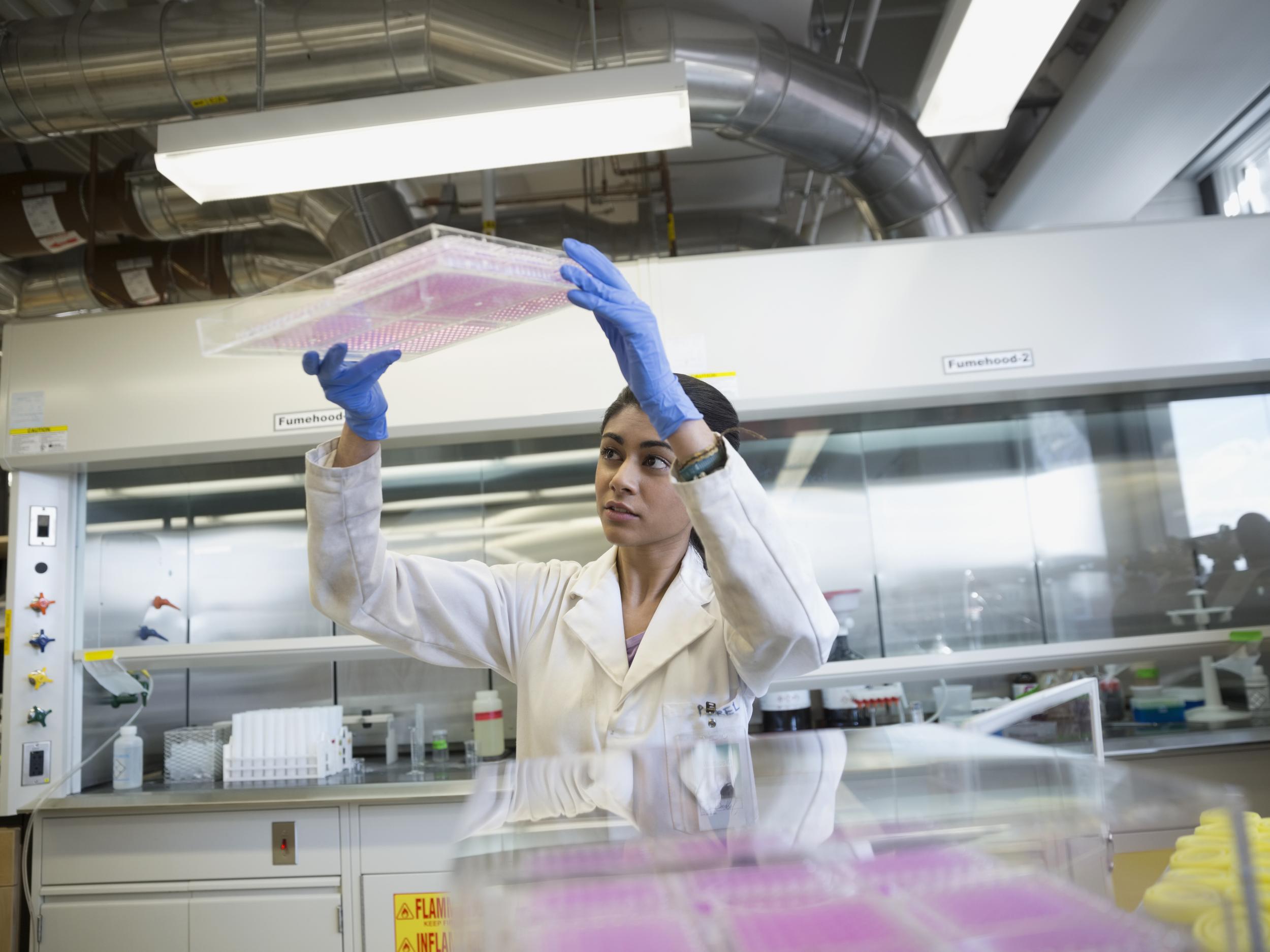Erectile dysfunction studies outnumber PMS research by five to one
Nine out of 10 women suffer from PMS symptoms, while only 19 per cent of men experience erectile dysfunction

Researchers conduct five times as many studies into erectile dysfunction (ED) as premenstrual syndrome (PMS), despite only around 19 per cent of men suffering from ED and 90 per cent of women experiencing symptoms of PMS.
Few grants are awarded for research into PMS, a condition which affects women every month between ovulation and menstruation and has more than 150 reported symptoms, despite a persistent lack of understanding and inadequate treatment options, according to science social networking site ResearchGate.
More than 40 per cent of women who have PMS do not respond to any of the treatments currently available, and between five and eight per cent experience a severe form of PMS called premenstrual dysphoric disorder (PMDD) — a condition so difficult to manage that 15 per cent of sufferers attempt suicide at some point in their lives.
The contraceptive pill and selective serontonin re-uptake inhibitors (SSRIs), a type of antidepressant, are currently the most commonly prescribed treatments for PMS, but both rely on the assumption that the condition — which can cause symptoms ranging from bloating and mood swings, to headaches, sleep disorders, and even clumsiness — is down to a hormonal imbalance, when in fact the evidence for this is inconclusive.
Although PMS was first described in 1931 — when the recommended treatment was a hysterectomy, a procedure some women still have to undergo today — researchers are not yet certain of the cause.
“Every study done on women with PMS shows their circulating levels of hormones are normal,” Dr Nanette Santoro, director of the division of reproductive endocrinology at Montefiore medical centre, told the Guardian.
“But some researchers believe that certain hormone metabolites in the brain cause the mood changes – or that some women just metabolise hormones differently. No one knows for sure.”
Having reviewed studies of the condition, ResearchGate suggests a historical disparity between investment in women's health and men's health has left PMS studies stuck in a vicious cycle of underfunding. A lack of research means it is difficult to provide compelling evidence of what the condition is and even that it definitely exists, which makes it difficult for scientists to apply for research grants.
Kathleen Lustyk, a psychologist from the University of Washington, told ResearchGate that she had grant reviews rejected on the grounds reviewers did not believe PMS actually existed.
Her reviewers suggested it was “merely a product of our society or culture that has painted a natural process in a negative light and that, given its monthly predictability, leads to suffering through anticipation," she said.
"I suspect that this is a fancy way of saying it’s really just in a woman’s head," she said.
But sufferers describe debilitating symptoms and say there is an acute need for more research.
“When I experience intense bouts of PMS that include a combination of lethargy, irritability, difficulty concentrating, mood swings, anxiety or crying spells, seemingly simple things like getting out of bed or talking to more than one person at a time can feel like a feat,” one woman told researchers.
“PMDD can be so misunderstood that the condition is frequently misdiagnosed as a mental illness like bipolar disorder. It leaves thousands of women in a dark place or suicidal for at least one quarter to half of every month,” Hannah Ewens, a journalist who has PMDD, wrote in the Guardian.
It has even been suggested that the writer Sylvia Plath may have been suffering from PMDD when she famously killed herself in the 1960s.
New technology and increased awareness could improve the situation for PMS sufferers.
The International Society for Premenstrual Disorders, a group of researchers and medical professionals working on women’s health, recently recommended women keep a diary recording their PMS symptoms for at least two months.
They said period tracking apps could help women to do this. These apps allow women to record how their bodies change over the course of their menstrual cycle, including physical and mental symptoms. Medical researchers could use the data women gather to justify further studies into PMS and PMDD.
Join our commenting forum
Join thought-provoking conversations, follow other Independent readers and see their replies
Comments
Bookmark popover
Removed from bookmarks